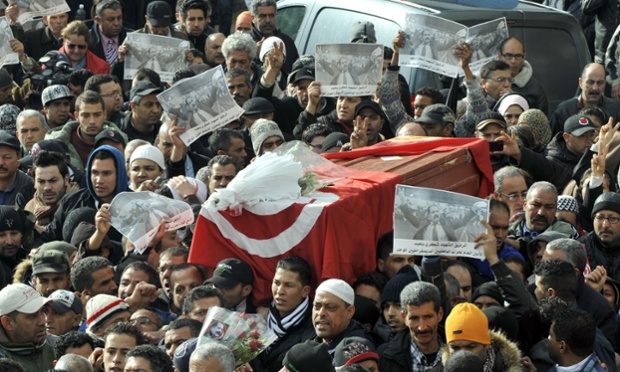By Alexandra Sandacz
Impunity Watch Reporter, Europe
LONDON, United Kingdom – On Wednesday, a report, which examined conditions at Stafford Hospital in Staffordshire over a 50-month period between 2005 and 2009, exposed horrific inhumane treatment of patients. The subpar care led to hundreds of unnecessary deaths.

The report cited various examples of the specific conditions. Some patients were left unbathed and lying in their own urine and excrement. Other patients drank water from vases because of thirst. Overworked staff members denied patients their medication, pain relief, and food. Furthermore, many patients died from contracting infections, and patients were sent home to die after a misdiagnosis of disease.
Approximately between 400 and 1,200 more deaths occurred than expected between 2005 and 2008.
Robert Francis, the government appointed lawyer, stated, “This is the story of the appalling and unnecessary suffering of hundreds of people. They were failed by a system which ignored the warning signs and put corporate interests and cost control ahead of patients and their safety.”
He continued, “There was a lack of care, compassion, humanity and leadership. The most basic standards of care were not observed, and fundamental rights to dignity were not respected.”
One widow stepped forward because she believed it was the medical and care management’s faults that led to her husband’s death. She stated, “Whether it’s a hospital or factory, if you have bad management the people below them are not going to care.”
After the Prime Minister questioned why no one was fired after the original release of the Hospital’s indignity, the General Medical Council (GMC) and Nursing and Midwifery Council (NMC) began to take action against the personnel.
At least four doctors and 10 nurses face public professional misconduct hearings over their constant failure to provide adequate health care.
For example, Bonka Kostova, a healthcare assistant at Stafford Hospital, faces charges because she allegedly forced a patient into his wheelchair when he stood up, pushed him into a bathroom and dragged him out. When other nurses intervened, she began to scream, “I hate you” and “You are no longer a human being but an animal.”
Katherine Murphy, the chief executive of the Patients Association, said the report was a “watershed moment” for health service. She states, “It is clear from the report that there is a lot of blame to go around for what happened in Stafford. Unfortunately too many people have escaped genuine accountability.”
For further information, please see:
The Independent – Stafford Hospital Carer Accused of Dragging 73-Year-Old by Collar – 8 February 2013
Mirror – ‘Heartless Bunglers Allow My Husband to Die Alone’: Widow Blasts Crisis Hospital for Appalling Mistakes – 7 February 2013
BBC – Stafford Hospital: Hiding Mistakes ‘Should Be Criminal Offense’ – 6 February 2013
The New York Times – English Hospital Report Cites ‘Appalling’ Suffering – 6 February 2013


